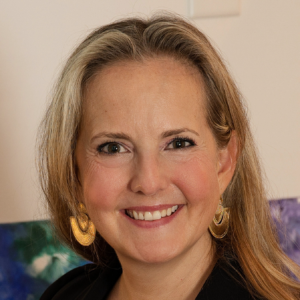Many people are familiar with Sigmund Freud as the father of psychoanalysis and associate his work with theories of the subconscious which focus on unresolved sexual conflicts. But this is a very small part of Freud’s work and underestimates his range!
Last week I was reviewing Freud’s book Totem and Taboo, where he draws connections between newly discovered (in 1913) behaviors of “savage” tribes in different parts of the world. The text aims to connect “savage” customs and culture to mental health problems he was seeing in his patients (“neurotics”).
One of the most interesting connections was Taboo and OCD (Obsessive Compulsive Disorder). Taboo can be defined as either (a) banned on grounds of morality or taste, or (b) banned as constituting a risk. Freud cites a number of examples from “savage” culture where a specific object or food is banned because it is “unclean”; not only is the object to avoided but touching it implies an internal sense of fear of danger.
This banned object with a corresponding internal fear of danger and feeling of anxiety is at the core of what many people with OCD experience. For example, someone with OCD may avoid touching their door in a certain manner because it feels “banned”, and there is an internal sense of danger with the touching of the door. This fear can generalize so that the person cannot touch any door, then generalize to cabinet doors, then to car doors, then to windows, etc. This is similar to what was observed in “savages” of the time.*
How does this relate to what we are currently experiencing with COVID? Early in the pandemic, many people (myself included) took serious precautions against surface contamination with COVID. We used antiseptics, we wiped down our groceries, we changed our clothes and showered every time we left the house. Now we have new evidence that these methods don’t impact COVID transmission very much. So why are we still taking multiple precautions against surface transmission? Many (myself included) are vaccinated but continue to take some precautions against surface transmission. Is this “hygiene theater”? Why do we do it?
I believe that we can draw connections between taboos in different cultures, OCD, and hygiene theater. We clean because we feel an internal sense of danger from COVID. We clean because we can clean. We clean because it is a sense of control over an unknown and invisible threat. We clean because it is a reassuring ritual. As with OCD, we should be aware of when our cleaning crosses the line into a maladaptive behavior. Are our hands chapped because we are washing them so much? Are we avoiding important social events because we are afraid of touching things? These are the types of issues that people with OCD navigate every day. Perhaps we can all empathize with people with OCD in a deeper way after our communal experiences with the COVID pandemic.
*from Chapter II (2): “Obsessional prohibitions involve just as extensive renunications and restrictions in the lives of those who are subject to them as do taboo prohibitions; but some of them can be lifted if certain actions are performed. Thereafter, these actions must be performed: they become compulsive or obsessive acts, and there can be no doubt that they are in the nature of expiation, penance, defensive measures and purification. The commonest of these obsessive acts is washing in water (‘washing mania’). Some taboo prohibitions can be replaced in just the same way; or rather their violation can be made good by a similar ‘ceremonial’; and here again lustration with water is the preferred method.”







